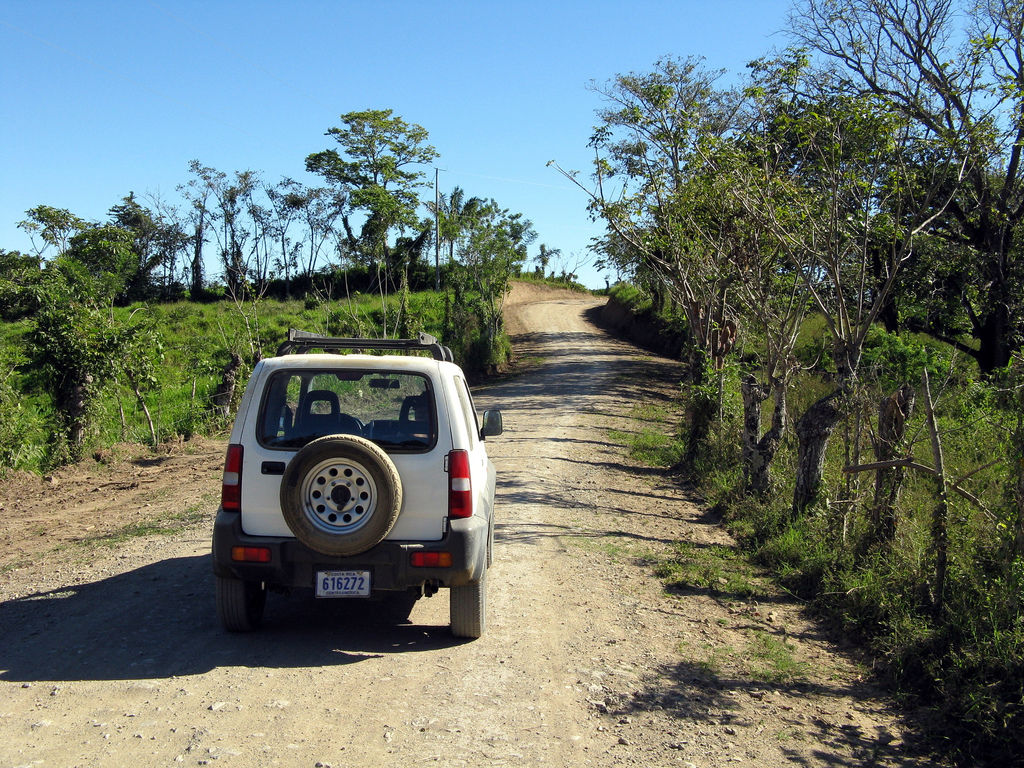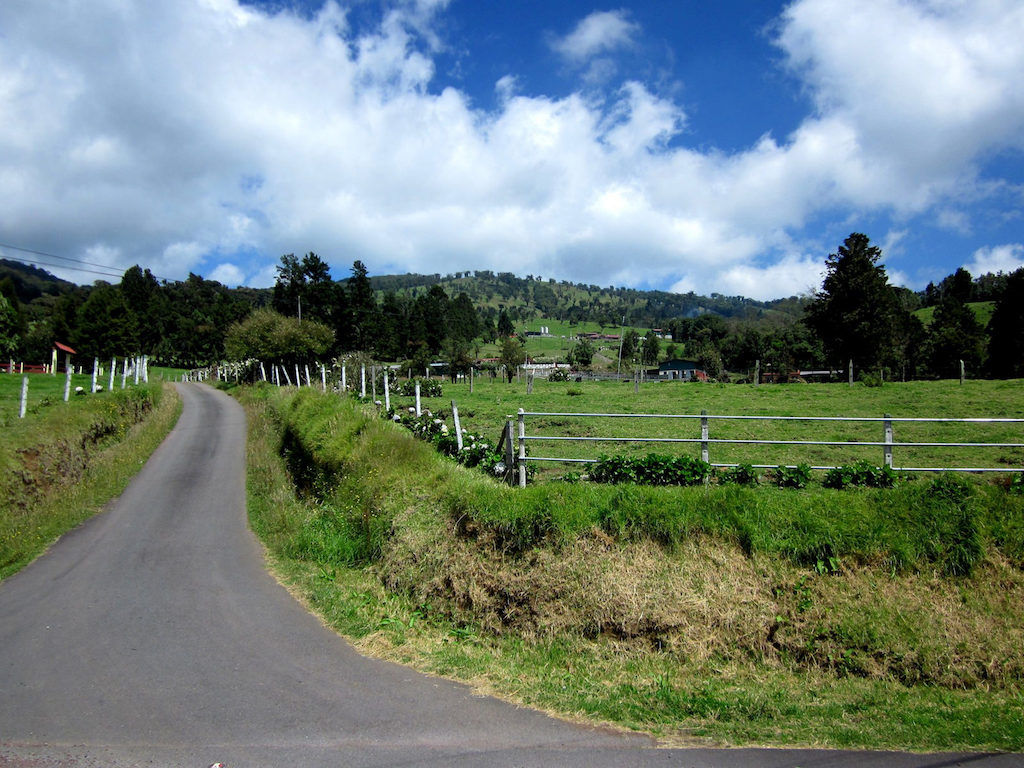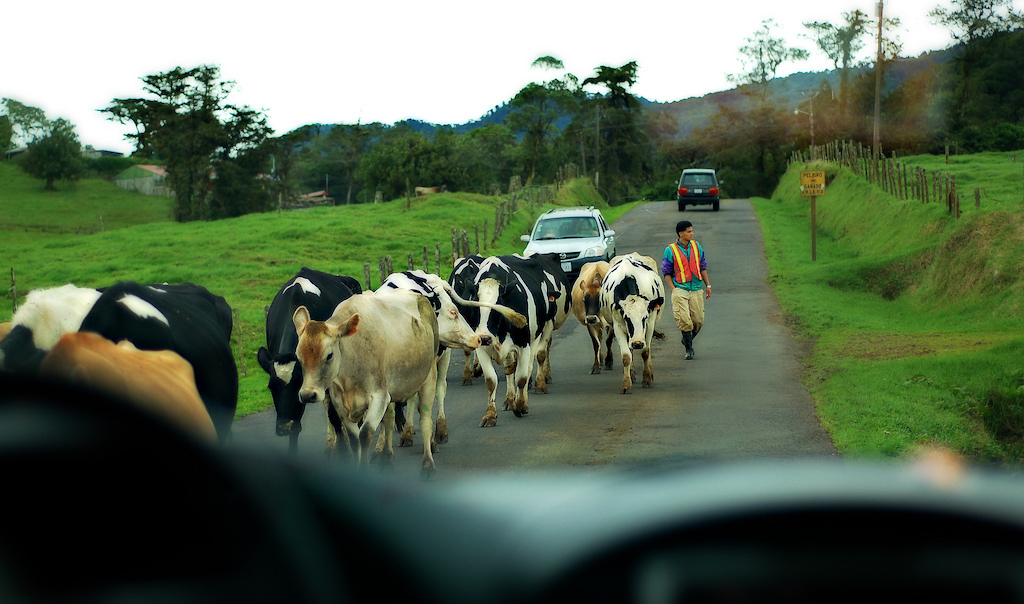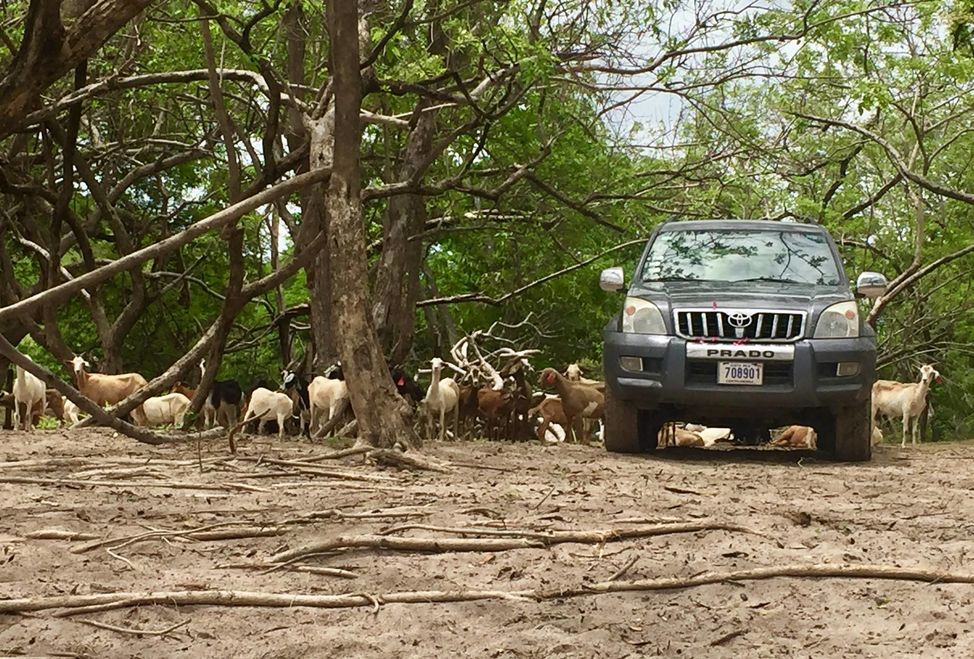There is definitely a great sense of freedom that comes along with having your own mode of transportation. While locating a car rental agency and driving off the lot with a rental car in Costa Rica is very easy, there are some important things you should know about renting a car before you hit the open road in your vacation vehicle.
INSPECT THE CAR THOROUGHLY
The agent from whom you rent your car will complete a standard inspection of the car and make note of any existing damage. Make sure that you do the inspection alongside the car rental agent and point out anything that he or she doesn’t notice or write down. You will have to sign an inspection document following this procedure. This step is very important! Any damage that is incurred is your responsibility, and you definitely want to make sure that you aren’t left responsible for damage that was there before you rented the car.
BUY THE FULL INSURANCE
There are endless hazards that accompany driving in Costa Rica. If you do not purchase the comprehensive insurance and anything happens to the car, regardless of how small or large, you will most certainly be charged an arm and a leg to repair it.
KNOW AND CONFIRM YOUR RENTAL RATE BEFORE YOU DRIVE AWAY
Most car rental companies offer a daily rate and a discounted weekly or monthly rate. If you are planning to rent your car for a week or more make sure that you are given the weekly or monthly rate, and that this is documented in your rental agreement. Unfortunately, car rental companies in Costa Rica will sometimes try and charge you the full daily rate for the entire duration of your rental and claim that was the amount that was agreed upon when you picked up your car.

THERE’S NOTHING LIKE ROAD TRIPPING IN COSTA RICA | © CLARK WEBER/FLICKR
CARRY THE PROPER DOCUMENTS
You will need your passport and a valid driver’s license to rent a car in Costa Rica. You will also need to have both your passport and driver’s license with you anytime that you are driving. In order for your out-of-country driver’s license to be valid in Costa Rica, you must be able to prove that you have not exceeded the 90-day maximum stay that is allotted to you as a tourist. There are random traffic stops, which are conducted by the transitos (Costa Rican traffic cops), and they will require you to show both pieces of identifications, including your dated entry stamp into Costa Rica.
RETURN THE CAR WITH GAS
Make sure that you fill up the gas tank before you return it. The car rental company will charge you a far higher rate per liter than you will pay at the gas station when you do it yourself.

SO MANY DIFFERENT TYPES OF ROADS IN COSTA RICA | © TOM MILLER/FLICKR
SLOW DOWN AND STAY ALERT
Many of the roads in Costa Rica are narrow, uneven, sporadically laced with potholes and patches of loose gravel. Many of the roads also cut through small towns and wildlife-rich areas. There is no need to speed; you will arrive when you are supposed to arrive; embrace the pura vida pace. It is not uncommon for dogs, cats, cows, goats, iguanas, monkeys, raccoons, coatis, and other animals to cross the road without warning. With a lack of sidewalks, pedestrians also share the roadways.
Pay attention, drive the speed limit, and just enjoy the ride for your safety and the safety of the pedestrians, children, and wildlife that are in or near the roads.

THE ROADS IN COSTA RICA ARE FOR MORE THAN JUST CARS | © BRITT REINTS/FLICKR



